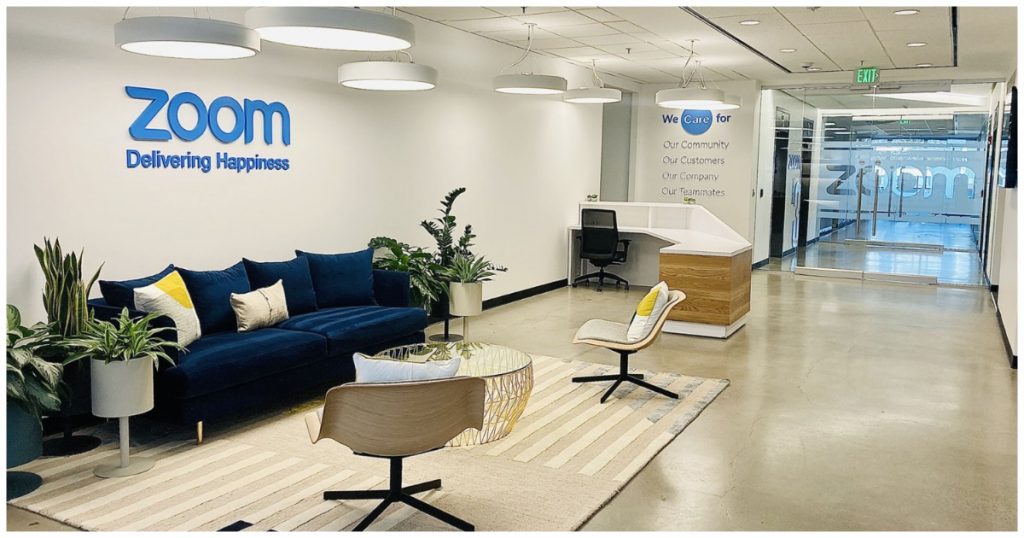Zoom Video Communications, often known as Zoom, has requested that its employees return to the office.
During the Covid-19 epidemic, the video conferencing and online collaboration platform was at its zenith, as virtual meetings became important for many enterprises.
Many businesses have returned to work for at least a few days, but Zoom has lagged – no pun intended.
According to Business Insider, a Zoom official has confirmed that employees who live within 50 miles of a Zoom office are now required to work two days each week.
“We believe that a structured hybrid approach – meaning employees who live near an office need to be on-site two days a week to interact with their teams – is most effective for Zoom,” a Zoom representative told the source.

“As a company, we are better positioned to use our own technologies, continue to innovate, and support our global customers.”
Sorry, but working from bed and wearing sweatpants is no longer an option – at least for part of the week.

Zoom’s sales soared sixfold during the epidemic; however, revenue plummeted the following year as many people stopped working remotely.
According to Business Insider, the company’s market worth has dropped by about $100 billion since 2021.
“We’ll continue to leverage the entire Zoom platform to keep our employees and dispersed teams connected and working efficiently,” said the spokesperson.
While working from home has its advantages – lunchtime showers, face masks, and rocking a good ol’ Udie from behind your computer – studies have shown that it is less productive than working in an office.
Working from home reduces productivity by roughly 18% compared to working in an office, according to a study conducted by the Massachusetts Institute of Technology and the University of California, Los Angeles.

“There’s obviously going to be a big difference between someone who already understands the work well and knows the culture of the firm and how things are done, and now you’re saying, ‘OK, now you can work from home a few days a week,” said David Atkin, an economics professor at MIT and one of the paper’s co-authors.
“In terms of extrapolation, we do need to think about it carefully.”
He did, however, point out that the study does not take into account hybrid workers.
“A lot of the discussion right now is about where we go on this work-from-home spectrum,” he explained.
“Do we go all the way to full-time work-from-home or full-time work-in-the-office?” “I believe we’ll end up somewhere in the middle.”
Download The Radiant App To Start Watching!
Web: Watch Now
LGTV™: Download
ROKU™: Download
XBox™: Download
Samsung TV™: Download
Amazon Fire TV™: Download
Android TV™: Download

